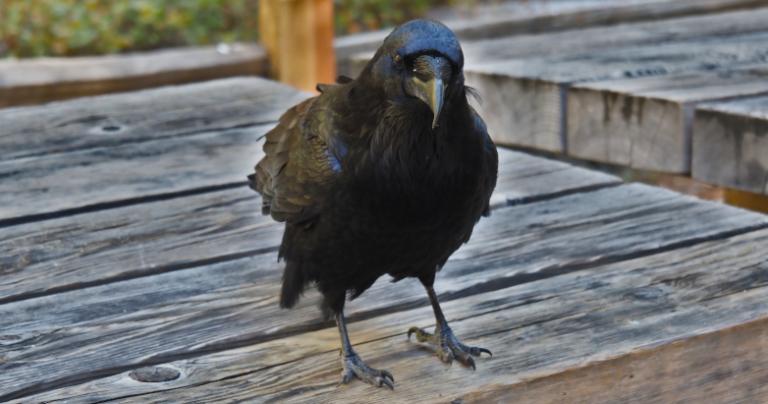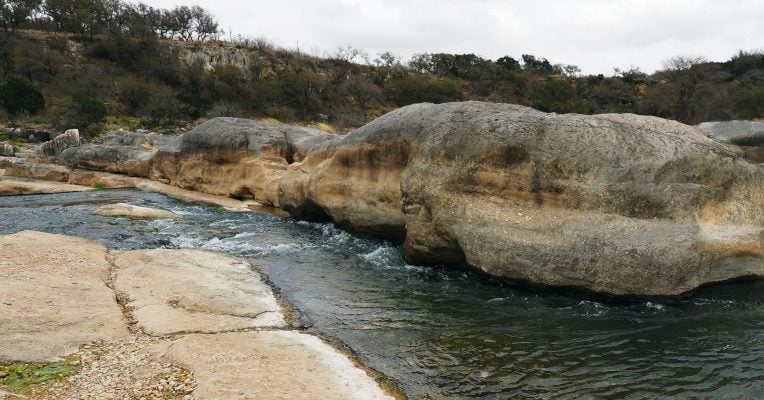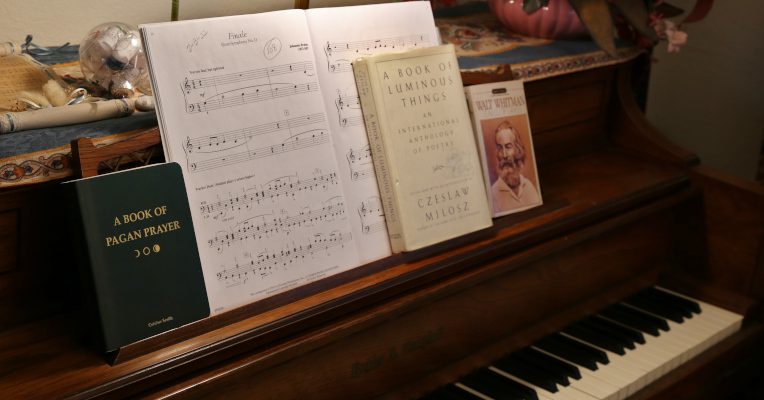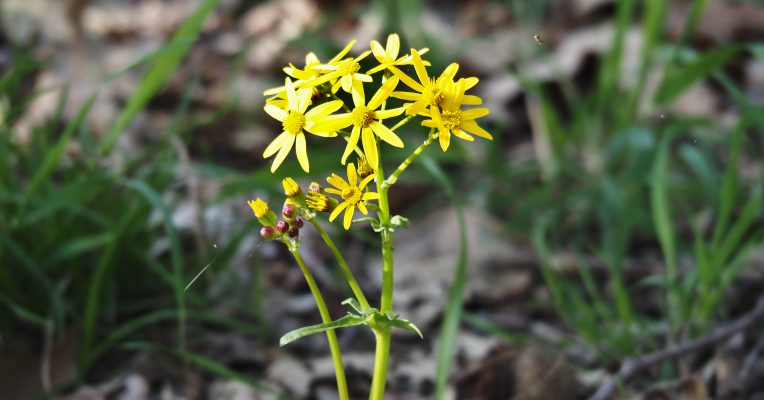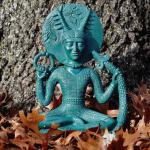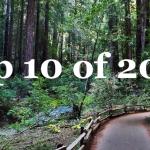Here’s the good news on Pagan blogging in 2022: the regular readers are as consistent as ever.
Most of the posts at the very bottom of this year’s list are what I’ll call “personal interest posts” – things I find interesting and want to write about, but that fall outside the interests of most of the Under the Ancient Oaks audience. Posts like Happy World Goth Day and A Pilgrimage to Yosemite. But the absolute numbers for the explicitly Pagan, polytheist, and magical posts at the bottom of this year’s list are the best they’ve ever been.
The bad news on Pagan blogging in 2022 is that the occasional readers and new readers are far fewer than in previous years. The numbers at the top of the list are the weakest they’ve been since 2015.
Most of this is due to changes in social media algorithms. Social media shares are the lifeblood of blogs, and social media companies are doing their best to keep you on their sites and not following links.
Some is that blogging in general and Pagan blogging in particular isn’t as popular as it used to be. The more people who write good thought-provoking posts and articles, the more good conversations get started. That makes it easier to write more good posts.
This year I cut back from blogging three days most weeks to two days. There aren’t enough good Pagan conversations going on, my posts on current events (mainly politics) aren’t well read, and other areas of my life have been quite busy. I will continue blogging as long as I have something to say, and I expect that will be as long as I’m breathing. But I’ve stopped struggling to find topics to write about to hit an arbitrary schedule, especially when blog traffic is so low.
So with all that said, here are four posts from 2022 I think have some really important concepts in them, but that weren’t well read. Take a look at these summaries, and if you didn’t read them the first time, check them out now. And if you know anyone who could benefit from them, please share them.
I’ll have the Top 10 of 2022 post on Thursday.
Certainty is the Greatest Sin (July 2022, #81 in readership).
In contemporary Western culture, “religion” is generally understood to be about what you believe: which set of supernatural propositions you affirm and which ones you reject. This is especially true in places like the United States where Protestantism and its doctrine of sola fide dominates.
But supernatural propositions are impossible to prove. Are there many Gods, one God, or no Gods? I’m a polytheist, but I can’t prove I’m right anymore than anyone else can prove I’m wrong. Does life continue after death? I believe it does, but it’s impossible to say with certainty.
In the light of this uncertainty, the best approach is to dive deeply into what we believe is most likely, but to hold those beliefs loosely. When we discover or are presented with evidence that something we believe is wrong or harmful, integrity demands that we change our beliefs.
Unfortunately, some religions teach otherwise. And they use their false certainty to justify forcing everyone else to live by the rules of their religion. This false certainty must be challenged in the court of public opinion, and it must be defeated at the ballot box.
I Shall Study Poetry and Music (February 2022, #91 in readership).
In the same week, the Governor of Texas began harassing the families of trans kids, Vladimir Putin invaded Ukraine, and Donald Trump praised Putin for his attack. There’s a thread running through all three of these events, and it’s important that we understand this thread.
Putin is a would-be Holy Roman Emperor. He “has cleverly cast himself as a belligerent in the culture war. In doing so, he has appealed to some conservatives in America who have grown skeptical of the liberal democratic tradition inherited from the Enlightenment, which they believe contains the seeds of America’s spiritual and cultural demise.”
Accepting reality means understanding that cultures change at their own pace, and that change is not always in the preferred direction. We cannot control change. But we can influence change simply by being who we are, and by helping others be who they are. We can influence it by studying poetry and music.
I probably should have given this post a click-bait title like “Putin Wants to Rule America and Republicans are OK With That” but I chose something personally inspiring instead. If you read nothing else on this list, please read this one.
And then figure out what studying poetry and music means for you.
4 Necessary Elements of Group Ritual (February 2022, #98 in readership).
My explicitly Pagan posts tend to do well, but this one may have been too much “ritual geek” for most readers. I am a ritual geek, and proudly so. I love ritual: I love imagining it, writing it, planning it, directing it, and presenting it. Ritual speaks to us symbolically and subconsciously. Good ritual facilitates spiritual experiences.
Choose the ritual elements that support the ritual theme and goals. Leave out the ones that don’t. Follow the rules and rubrics, unless you need to do something else. Break rules on purpose, not haphazardly. Mainly, do your best to honor your Gods and other spiritual allies, to present your beliefs and practices to those who attend the ritual, and to form and maintain relationships in this world and between the worlds.
Pagan rituals can do many things and have many elements, but four elements are absolutely necessary: a central fire, invocations, offerings, and an interactive working.
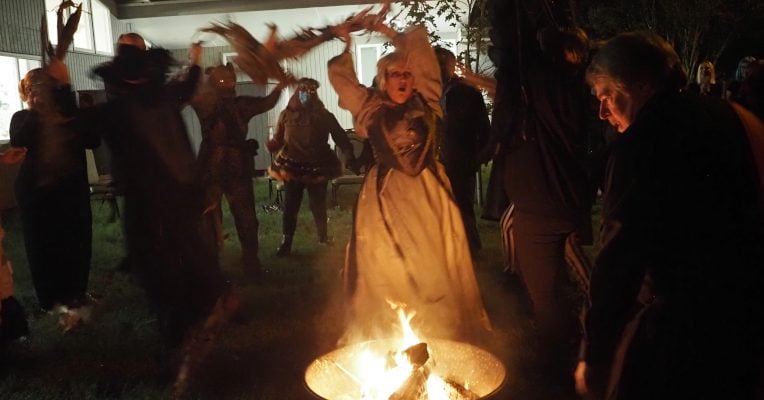
Newspaper Asks “Do We Still Need Religion?” (April 2002, #103 in readership).
The U.K. newspaper The Guardian asked “do we still need religion?” It was a “rational explanation” for why religion developed and why, yes, we still need it. But it focused on materialistic social reasons and ignored the spiritual reasons.
Religion provides context for living. It provides tools for dealing with the Big Questions of Life. And it is built on religious experience. If we somehow did away with all religion, in a matter of days we’d start reinventing it again. Someone would have a religious experience and would intuitively start to build a new religion – an organic religion.
Our experiences are why religion persists, and why it will always persist.


